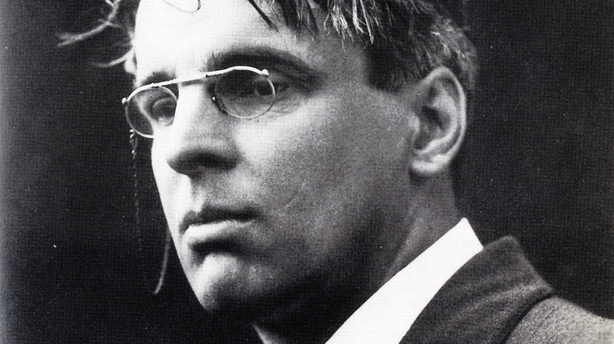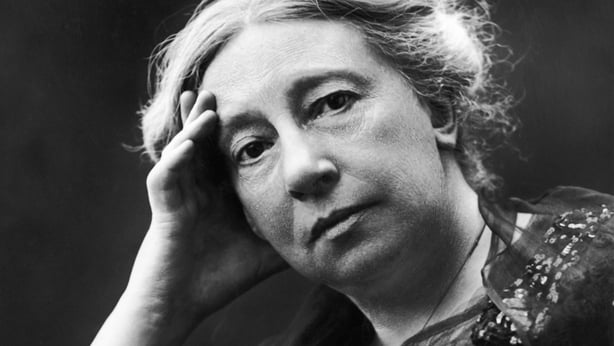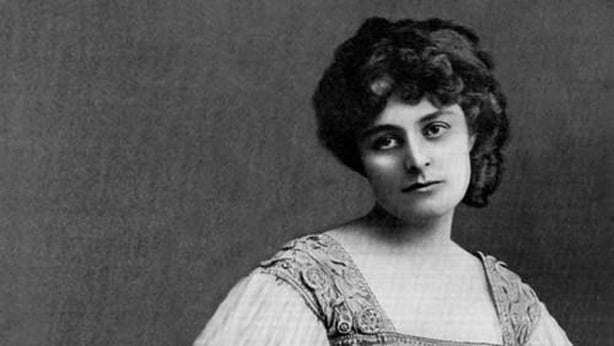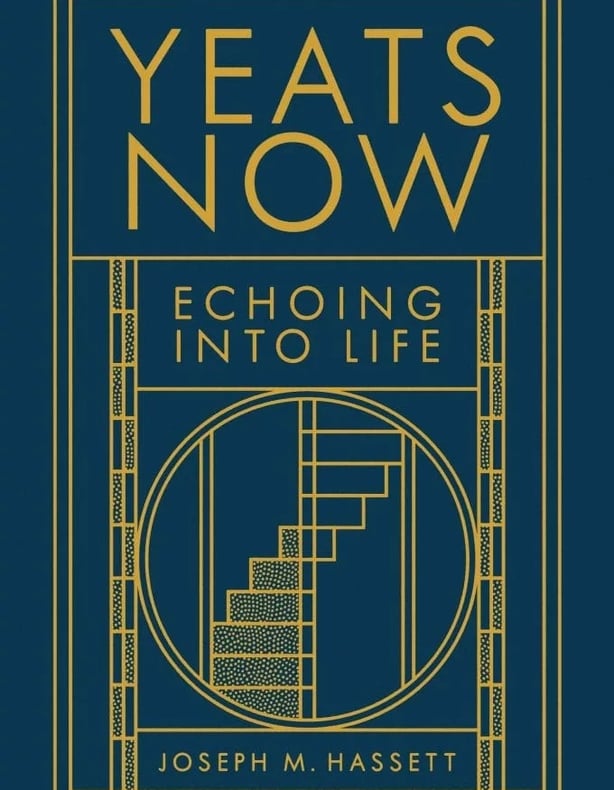Joseph M. Hassett, author of Yeats Now: Echoing Into Life, writes for Culture about the depth of friendship between W.B. Yeats and Lady Augusta Gregory.
"No one who likes Yeats is capable of human intimacy," asserts Nick, a 32-year-old actor in Sally Rooney's novel Conversations with Friends.
Great controversialist that he was, W. B. Yeats might have seen an opportunity in this assertion. Yeats would have disagreed with it, but he had a track record of embracing controversy as a doorway to a broader audience.
Three defining moments of his long career as a public intellectual were his engagements with the attacks on his play The Countess Cathleen and on the Abbey Theatre's productions of John Synge's The Playboy of the Western World and Sean O'Casey's The Plough and the Stars. In each instance, Yeats exuberantly went on the offensive. Throughout a variety of tumultuous controversies, his relationship with his partner in managing the Abbey, Lady Augusta Gregory, was one of profound human intimacy.

The depth of friendship between Yeats and Gregory is explored in my new book Yeats Now: Echoing into Life. Yeats's many memorable lines about Gregory illustrate the book's premise – that Yeats often has just the right words to help us articulate our feelings about important life moments. For example, "all that pride and that humility" in Gregory's portrait drives the famous conclusion of The Municipal Gallery Revisited:
Think where man's glory most begins and ends,
And say my glory was I had such friends.
The concluding line of Yeats's journal entry about Gregory's illness in 1909 – "Friendship is all the house I have" – is a compelling way of celebrating friendship. His journal starts the progression to this memorable conclusion with the observation that "more than kin was at stake", for Gregory "has been to me mother, friend, sister and brother". Yeats then records deeply felt emotions: "I cannot realize the world without her – she brought to my wavering thoughts steadfast nobility. All day the thought of losing her is like a conflagration in the rafters." The concluding characterization of friendship as home flows so naturally from this progression as to seem undeniable.

The transformative power of Gregory's friendship is encapsulated in a line from Friends, a poem that seizes the reader with the imperative opening:
Now must I these three praise –
Three women that have wrought
What joy is in my days:
The ensuing lines of praise for Gregory neatly summarize her solution to the dilemma he memorably posed in The Choice:
The intellect of man is forced to choose
perfection of the life, or of the work …
Her example, he tells us succinctly, showed him how to find ecstatic life in diligent work. Gregory, he wrote:
So changed me that I live/
Labouring in ecstasy.
Another of the eponymous friends is Yeats's first lover, Olivia Shakespear, whose generous and lively nature is etched in the joyous observation that:
no thought … Could ever come between
Mind and delighted mind

Although Yeats parted from Shakespear to pursue Maud Gonne at age 31, his first lover was still his intimate friend more than thirty years later when he wrote to tell her, "I came upon two early photographs of you yesterday, while going through my file – one from "Literary Year Book". Who ever had a like profile? – A profile from a Sicilean [sic] coin. One looks back to one’s youth as to [a] cup that a mad man dying of thirst left half tasted. I wonder if you feel like that." The conversation continued in person.
The poem After Long Silence tells the story in unforgettable lines celebrating love as friendship:
Speech after long silence; it is right,
All other lovers being estranged or dead,
Unfriendly lamplight hid under its shade,
The curtains drawn upon unfriendly night,
That we descant and yet again descant
Upon the supreme theme of Art and Song:
Bodily decrepitude is wisdom; young
We loved each other and were ignorant.
Perhaps the Yeats and Shakespear who parted in their thirties had something to learn: young, they "loved each other and were ignorant". Still, they achieved the enduring intimacy of "mind and delighted mind" that animates After Long Silence.
Yeats's celebrations of Gregory and Shakespear illustrate his extraordinary ability to intuit the sometimes puzzling emotions that hover over recurring life experiences and distil them into unforgettable phrases that stand ready to help us express ourselves in moments of intense emotion.

Joseph M. Hassett's Yeats Now: Echoing Into Life (published by Lilliput Press) is out now.

